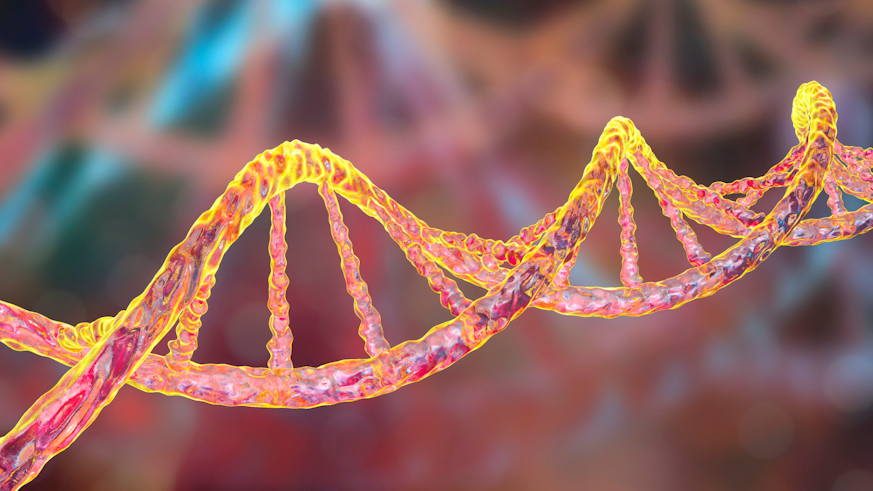Exploring the connection between genetic information and depression and anxiety
16 October 2023

Emotional disorders, including depression and anxiety, are the among the most common mental health problems in young people. A new paper aimed to understand whether people’s genetic information could help predict their likelihood of experiencing multiple episodes of depression and anxiety.
Some people with emotional disorders will only experience one episode of depression and/or anxiety, but others will go on to have additional episodes that may impact them long-term. Currently it is difficult to predict who will experience recurrent episodes, but identifying these individuals is important to ensure timely and appropriate intervention.
Researchers at the Wolfson Centre for Young People’s Mental Health are undertaking work to understand the links between genetics and mental health in young people.
Dr Charlotte Dennison, lead author on the paper, said: “We looked at whether young people across the UK had ever experienced an episode depression and anxiety between the ages of 5 and 25 years. 12% of people included in the study had one episode, 14% had multiple episodes, and 74% of people had no episodes."
She explains: “We measured people’s genetic predisposition to different mental health and neurodevelopmental conditions, summarised as a genetic score. A higher genetic score can indicate a greater chance of experiencing a particular condition but doesn’t guarantee that a person will or won’t develop it. We measured whether genetic scores were associated with having one or more episodes of depression or anxiety compared to no episodes, and having multiple episodes compared to a single episode.”
The study found that higher genetic scores to depression, anxiety, ADHD, and autism spectrum disorder were associated with having at least one episode of emotional disorder, compared to having no episodes.
However, genetic scores didn’t differ between people with one episode compared to multiple episodes. Researchers also combined genetic scores with other potentially relevant information, such as having a family history of depression or having a diagnosis of ADHD or autism spectrum disorder, to see whether this could improve our ability to predict who would experience multiple episodes of emotional disorder. The team found that genetic scores for depression didn’t help to predict who would experience a recurring emotional disorder.

“Our findings suggest that genetic scores for mental health conditions shouldn’t be used as a tool to assess the likelihood of recurrent episodes in a young person experiencing their first episode of an emotional disorder.”
The paper, “Stratifying early-onset emotional disorders: using genetics to assess persistence in young people of European and South Asian ancestry”, was published in the Journal of Child Psychology and Psychiatry